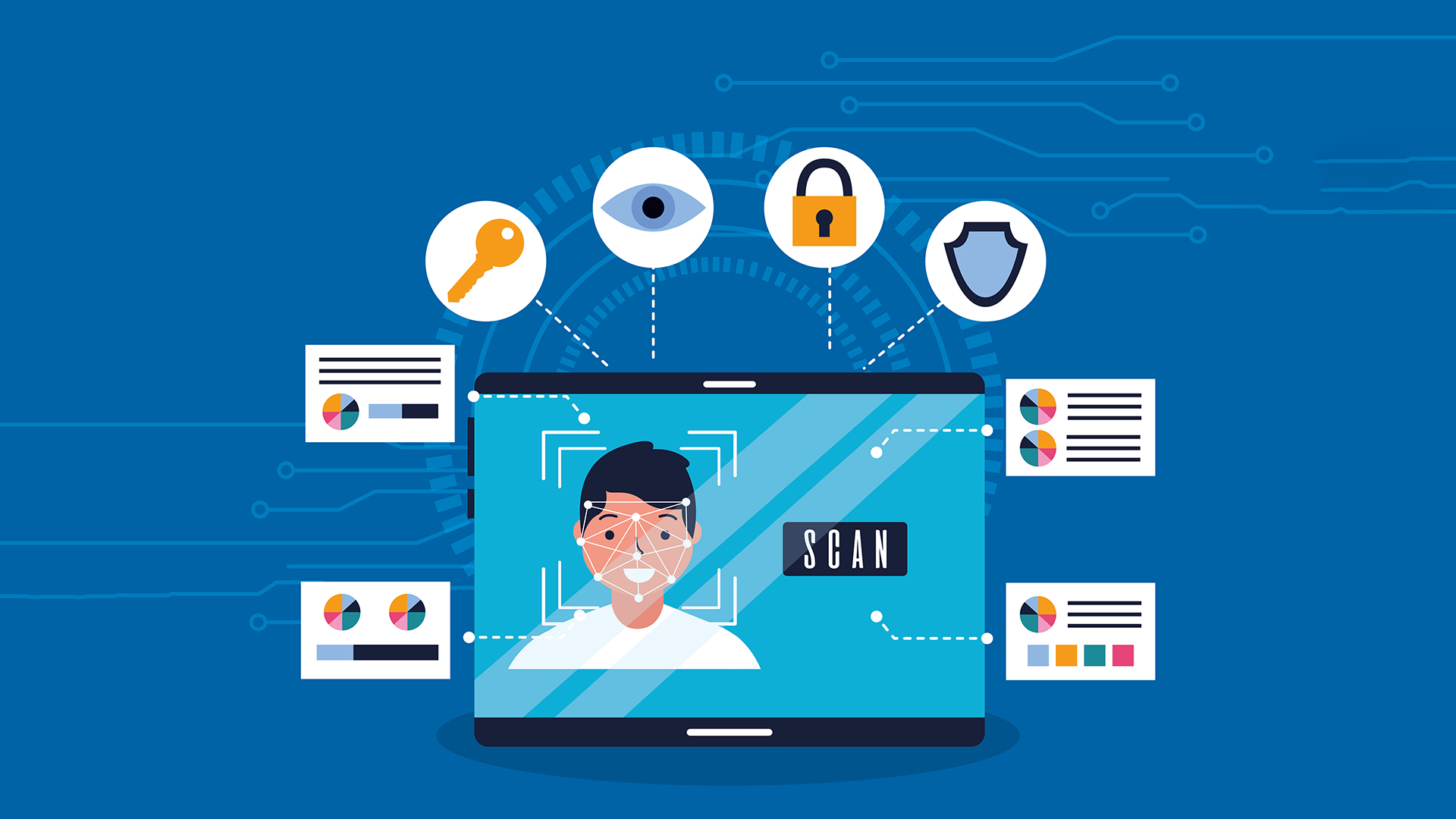
Advanced Business Intelligence & Data Science
Course overview
Data science would be far less valuable without a competent business intelligence analyst. Without the business intelligence analyst, data science would be far less potent and unable to reach its full potential.
Data science’s potential is only as great as the Business Intelligence Analyst who powers it. Data is transformed into valuable information by the business intelligence analyst using business intelligence tools, enabling data scientists and other decision-makers to make well-informed conclusions.
The business intelligence analyst must feel at ease handling vast volumes of data and be able to swiftly evaluate it to spot patterns and trends. Moreover, they must be able to realize the most crucial data points and explain those findings to decision-makers. To display data understandably, the business intelligence analyst must also be able to develop data visualizations, such as graphs and charts. To be able to clearly and concisely convey the facts to decision-makers, they must also possess great communication and presentation abilities.
The function of the business intelligence analyst is crucial in a data science course. They are the ones who will be in charge of gathering, processing, and presenting the data to decision-makers. They must be able to pick the most crucial details and present them in a way that will have an impact. They must also be able to explain the facts in a way that is simple to understand.
Participants in this course will be able to engage with real-life business intelligence and data science examples using simple explanations, develop interesting visualisations, participate in exercises, and exchange course notes and other materials. This training course will enable you to be self-sufficient and dive deeper into data to find answers to problems that may enhance the way your firm does business.
Introduction
We are The Training Bee, a global training and education firm providing services in many countries. We are specialized in capacity building and talent development solutions for individuals and organizations, with our highly customized programs and training sessions.
This Trainee Bee training course will empower you with a complete understanding and detailed overview of Advanced Business Intelligence & Data Science. The knowledge gained through this course can be applied to any industry and/or organization, and thus, this will broaden your scope of better opportunities for growth and progression.
“If you need assistance understanding your data, contact a business intelligence specialist.”
The goal of this Business Intelligence Analyst and Data Science training course is to provide participants with the abilities and information required to work successfully as BI Analysts or Data Scientists. The basics of data science, such as data collection, analysis, visualizations, and reporting, are covered in the course. The use of business intelligence tools and methods for extracting information from huge databases will be taught to participants.
To find significant trends in data, they will also learn how to use machine learning techniques and build predictive models. Participants will be able to create, develop, and execute BI solutions for enterprises after the course.
Learning Objectives
Upon completing Advanced Business Intelligence & Data Science, participants will be able to:
- Understand the fundamentals of Business Intelligence (BI) and Data Science.
- Develop an understanding of the tools and technologies needed to effectively analyze and interpret data.
- Learn how to use data mining, predictive analytics, and machine learning to uncover insights in data.
- Learn how to develop dashboards and reports to communicate business insights.
- Understand how to build and scale data science models in a production environment.
Our Unique Training Methodology
This Advanced Business Intelligence & Data Science interactive course comprises the following training methods:
- Role-playing – Participants will take part in several roleplays and understand practical ways of solving issues.
- Journaling – This consists of setting a timer and letting your thoughts flow, unedited and unscripted recording events, ideas, and thoughts over a while, related to the topic.
- Social learning – Information and expertise exchanged amongst peers via computer-based technologies and interactive conversations including Blogging, instant messaging, and forums for debate in groups.
- Mind mapping and brainstorming – A session will be carried out between participants to uncover unique ideas, thoughts, and opinions having a quality discussion.
- Interactive sessions – The course will use informative lectures to introduce key concepts and theories related to the topic.
- Presentations – Participants will be presented with multimedia tools such as videos and graphics to enhance learning. These will be delivered engagingly and interactively.
- Group discussions – The course will incorporate group discussions and debates to encourage active participation and collaboration.
Training Medium
This Advanced Business Intelligence & Data Science training is designed in a way that it can be delivered face-to-face and virtually.
Pre-course Assessment
Before you enroll in this course all we wanted to know is your exact mindset and your way of thinking.
For that, we have designed this questionnaire attached below.
- What prior experience or knowledge do you have in data science or business intelligence?
- Are you comfortable working with large data sets and data manipulation?
- What tools and technologies have you used to analyze data or generate insights?
- What do you think are the most important skills to be successful in data science or business intelligence?
- What challenges have you faced when working with data?
- How familiar are you with the latest trends and techniques used in data science and business intelligence?
Course Modules
This Advanced Business Intelligence & Data Science covers the following topics for understanding the essentials:
Module 1 – Introduction to Business Intelligence
- The concepts of Business Intelligence (BI).
- An overview of the components used to create a successful BI system.
- The different methodologies used to analyze data.
Module 2 – Data Warehousing
- The fundamentals of data warehousing and the key components that make up a successful data warehouse.
- Understanding data sources.
- Data modeling.
- Data cleansing.
- Data integration.
- Data security.
Module 3 – Data Mining and Analytics
- An overview of the data mining and analytics process.
- Understanding the different data mining techniques, such as supervised and unsupervised learning.
- The different analytics techniques such as predictive analytics and descriptive analytics.
Module 4 – Business Intelligence Tools
- An overview of the different Business Intelligence tools available.
- Understanding the different types of BI tools such as dashboards, data visualization tools, and reporting tools.
Module 5 – Implementing a Business Intelligence Solution
- An introduction to the process of implementing a Business Intelligence system.
- Understanding the different stages involved in designing and executing a successful BI solution, such as data collection and storage, data analysis, and reporting.
Module 6 – Introduction to Data Science
- The core concepts of data science and its applications in the modern world.
- The basics of data science, machine learning, data visualization, and data analysis.
Module 7 – Working with Data
- The processes and techniques used to work with data.
- Data collection, cleaning, wrangling, and manipulation.
Module 8 – Exploratory Data Analysis
- How to explore and analyze data to gain insights.
- Data exploration, descriptive statistics, and data visualizations.
Module 9 – Modeling and Machine Learning
- The predictive modeling and machine learning techniques used in data science.
- Supervised and unsupervised learning, regression and classification, and ensemble methods.
Module 10 – Data Science in Practice
- The practical aspects of data science such as project management, communication, and working with teams.
- Project management.
- Communication, and working with teams.
Post-course Assessment
Participants need to complete an assessment post-course completion so our mentors will get to know their understanding of the course. A mentor will also have interrogative conversations with participants and provide valuable feedback.
- What key skills should someone looking to become a Business Intelligence Analyst have?
- What techniques can be used to clean and organize data for analysis?
- How do you ensure the accuracy and integrity of a data set?
- What resources and tools are available to help with data analysis?
- What approaches can be used to identify patterns and trends in data?
- How can data be used to inform decision-making in an organization?
- What strategies can be employed to ensure data security and privacy?
Lessons Learned
The value of data visualization is the most crucial lesson that any business intelligence analyst should learn from data science training. Data visualization makes data easier to comprehend and makes it easier to spot trends and patterns. Data visualization may also make it easier to present data results to stakeholders. Last but not least, data visualization is crucial for effective data storytelling, which is crucial for influencing and supporting business choices.
“The secret to achieving your potential to become a data science expert is to become a business intelligence analyst!”







